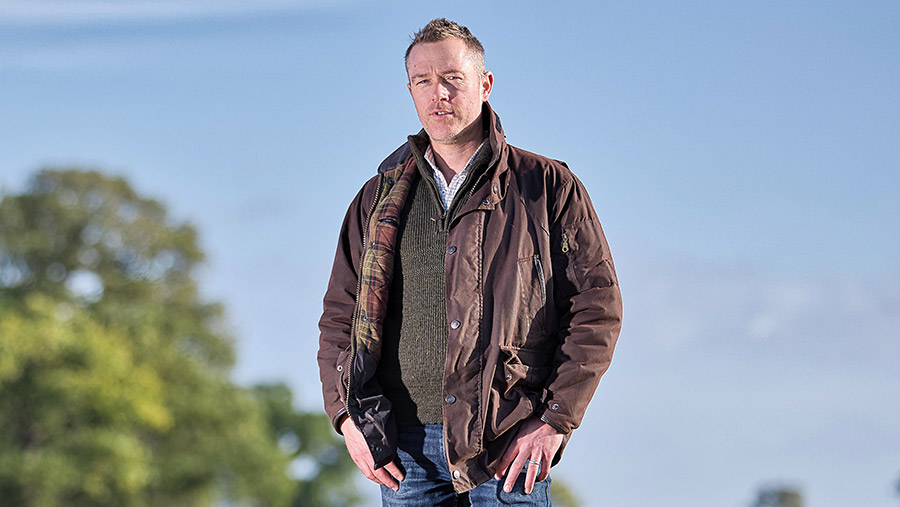Will’s World: Coffee fans would do well not to follow the herd
 © Richard Stanton
© Richard Stanton Occasionally, If I’m driving along the A41 past Newport in sunny Shropshire, I take a detour through the town centre and do some reminiscing.
It’s two decades since I left Harper Adams), but the three years I spent there were some of the happiest of my life, so it’s always nice to take a trip down memory lane.
On my most recent visit, I noticed something that I haven’t before, and it’s the sheer amount of coffee shops that are there now.
See also: Why health gains cut ruminant methane emissions by 10%
I don’t remember any in the early 2000s, unless you count the long-gone “munch-box café”, where we’d go on Sunday mornings in search of a fried breakfast and mugs of strong tea in a vain attempt to cure our hangovers.
I dread to think what kind of response we’d have received if any of us had asked for anything as cosmopolitan as a latte or bagel in there; frankly, we were just grateful if there wasn’t too much fag-ash in our baked beans.
But now coffee shops on every street corner of every town and city in the country; large multinational chains that have crept slowly and insidiously into our society almost unnoticed, until suddenly they’re the norm.
Don’t get me wrong, I’ve been as much of a sucker as anyone when it comes to an overpriced cup of average-tasting coffee with a single-use plastic lid on it.
But recently I’ve been trying to cut down after reading about the massive environmental impact that’s been driven by our insatiable demand for the stuff.
Gas exchange
What’s that you say? I thought it was exclusively ruminants that had any sort of negative effect on our environment?
Well so did I, because that’s what all the wealthy environmentalist types with books to sell repeatedly tell us – and we know they only speak the gospel truth.
As it turns out, the world’s favourite drink, with more than 2bn cups drunk every day, isn’t actually very good for the planet itself.
Get ready for some potential Pulitzer Prize-winning investigative journalism here, folks.
What if I were to tell you, for example, that to de-pulp and wash the beans before roasting, it takes a staggering amount of fresh water – 140 litres to produce just 125ml of coffee, to be exact.
According to the Water Footprint Network that is more than it takes to produce the same volume of wine, and nearly 10 times as much for the same volume of tea.
There’s also the small fact that 1m hectares of forest in Central America alone has been cleared to make way for coffee production over the past three decades.
Bean economy
What’s more, in depressingly familiar but completely unsurprising news, it’s often the farmers themselves who get screwed over by the large corporations.
About 125 million people depend on coffee for their livelihoods, but many of the smallholder farmers who produce 80% of the world’s crop struggle to make a living, with nearly half surviving below the international poverty line.
Typically, they receive 7-10%, and sometimes as little as 1% of the retail price of each kilo of coffee sold. As our French cousins might say, plus ça change.
I suppose that everything has a consequence, and being a hopeless caffeine addict I won’t be giving it up yet; I’ll just try to stick to Fairtrade.
But the next time I’m lectured about the environmental impact of my cattle by some keyboard warrior, rest assured that I’ll be enquiring if that person has a coffee next to them.

